
Product Description
Vermiculite flake is the name of vermiculite raw ore and the general name of unexpanded vermiculite. After the vermiculite is mined out, the impurities are removed, and the surface of vermiculite is flaky. Therefore, it called vermiculite flake, which is also called raw ore vermiculite, raw vermiculite, unexpanded vermiculite and non foamed vermiculite.
Raw vermiculite is a natural mineral, non-toxic, will expand at high temperature under the action of mineral. It is alternatively rare mineral, which belongs to the portland. The crystal structure is monoclinic, from the shape it looks like mica. Certain granite hydrated vermiculite is generated. The ability of ion exchange vermiculite, its soil nutrition has a great role.Vermiculite can be used as construction materials, adsorbents, fireproof insulation, mechanical lubricant, soil conditioner and so on, a wide range of uses.

Specification
|
Size |
Density |
Moisture |
Expansion Rate |
|
0.3-1 mm |
2.4-2.7g/cm³ |
3% max |
6-20 times |
|
1-2 mm |
2.4-2.7g/cm³ |
3% max |
7-20 times |
|
2-4 mm |
2.4-2.7g/cm³ |
3% max |
7-20 times |
|
4-8 mm |
2.4-2.7g/cm³ |
3% max |
7-20 times |
Types of Vermiculite
| Golden raw vermiculite | Silver raw vermiculite |
| 0.3-1mm | 0.3-1mm |
| 1.5-2.5mm | 1-2mm |
| 2.5-6mm | 2-4mm |
| 3-8mm | 4-8mm |
| Other specification: 20-40mesh, 60mesh, 80mesh, 100mesh, 325mesh etc. | |
Chemical Composition of Vermiculite
| Golden Vermiculite | element | SiO2 | Al2O3 | Fe2O3 | CaO | MgO | TiO2 | K2O |
| content % | 43.75 | 15.55 | 15.8 | 1.32 | 8.98 | 1.67 | 5.19 |
Processed Vermiculite
Vermiculite may be milled before or after exfoliation according to the range of particle sizes required. Such milled or ground material may be used for the production of sound-absorbing coatings; Condensation control paints; High performance gaskets and seals and for upgrading the fire resistance of organic foams and other polymer based system. Exfoliated vermiculite can be colored to suit its end use.
Certificate
Our factories have achieved ISO Certificate, 23 technologies have obtained national patents.
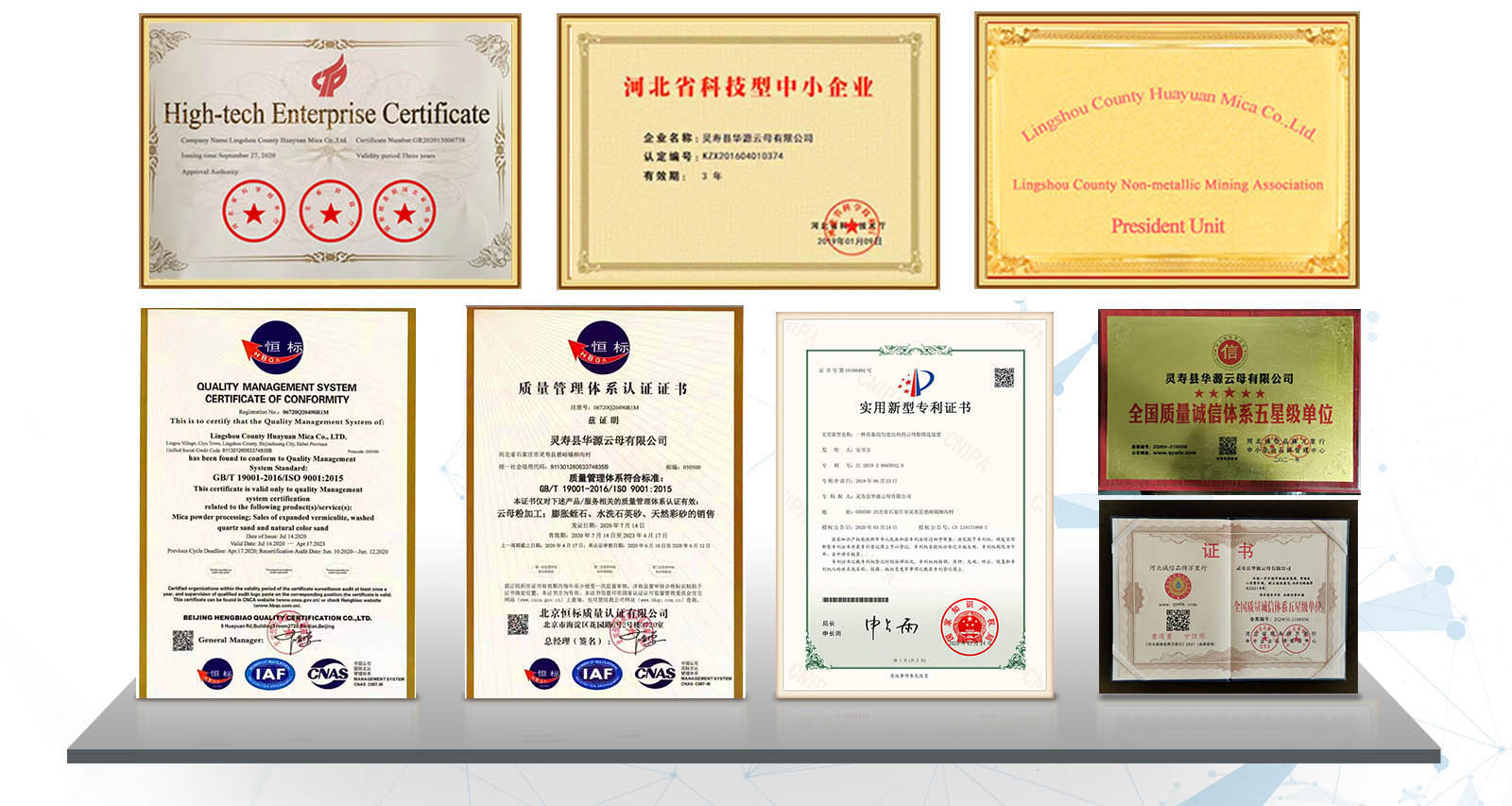
Application
Agriculture
Improve soil or correct soil deficiencies(e.g.to lighten clay soils).
Vermiculite is used as a carrier and extender for fertilizer.
Expanded vermiculite is a good medium for the stimulation of roof growth.
Expanded vermiculite is a major element in hydroponics growing system.
Industry
Gaskets or seals; Fireproofing
Packing materials; Animal feedstuffs
Friction linings; Refractory products
Insulation in steelworks and foundries
Building
Bitumen coated vermiculite plates
Construction coatings; Lightweight concretes
Loose fill insulation; Vermiculite plasters
Fireproof board

Silver Vermiculite Types
Silver vermiculite and crude vermiculite are two forms of vermiculite that are widely used in a variety of industries due to their unique properties. Vermiculite, a natural mineral, expands when heated, making it an ideal material for applications that require lightness, insulation, and absorbency. The two primary types of vermiculite, silver vermiculite and crude vermiculite, are often utilized in agriculture, construction, horticulture, and even in the manufacturing of fireproof materials. This article will explore the different types of silver vermiculite, with a focus on their characteristics and uses in various industries.
What is Silver Vermiculite?
Silver vermiculite is a processed form of vermiculite that has been expanded through heating to create a lightweight, absorbent material. This type of vermiculite has a shiny, silvery appearance, which is where it gets its name. It is typically used in applications that require good insulation and moisture retention properties, such as in horticulture for soil aeration and as a growing medium. Silver vermiculite is highly valued for its excellent water-holding capacity, making it ideal for use in potting mixes, as it helps maintain moisture levels while preventing the growth of harmful bacteria. Additionally, silver vermiculite is a non-toxic, fire-resistant material, making it a safe choice for a variety of applications, from insulation to agricultural uses.
Crude Vermiculite and its Uses
Crude vermiculite is the raw, unprocessed form of vermiculite before it has been expanded. While crude vermiculite is heavier and more compact than its expanded counterpart, it still maintains the characteristic ability to expand when heated. This raw form of vermiculite is typically used in industrial applications such as insulation and as a component in the production of fireproofing materials. Crude vermiculite is also utilized in the manufacturing of lightweight concrete and plaster, where its absorbent properties help to improve the material’s strength and insulation capabilities. Additionally, crude vermiculite can be processed further to produce silver vermiculite, making it an essential starting material for the production of expanded vermiculite products.
Benefits of Silver Vermiculite and Crude Vermiculite
Both silver vermiculite and crude vermiculite offer a range of benefits due to their unique physical properties. Silver vermiculite is particularly valued for its lightweight, insulating, and moisture-retentive qualities, making it highly effective in gardening, horticulture, and construction. Its ability to retain moisture without becoming waterlogged is essential for plant growth, ensuring that roots receive adequate hydration without suffocating. In construction, silver vermiculite is used as an insulating material in walls, ceilings, and floors, helping to regulate temperature and reduce energy costs. Crude vermiculite, on the other hand, is a raw material that serves as the base for a variety of processed products, including silver vermiculite. It is often used in industrial and manufacturing settings where its heavier weight and absorbent nature provide added benefits, particularly in fireproofing and insulation.
In conclusion, silver vermiculite and crude vermiculite are both essential materials that serve different purposes across various industries. Silver vermiculite is widely recognized for its expansion properties, lightweight nature, and ability to retain moisture, making it ideal for horticultural and construction applications. Crude vermiculite, while heavier and unprocessed, provides the foundation for expanded vermiculite products and is crucial in industrial settings, especially for insulation and fireproofing. Whether in its raw or processed form, vermiculite continues to be a valuable material due to its versatility, safety, and effectiveness in a wide range of applications.
Crude Vermiculite Types
Crude vermiculite is a raw, unprocessed mineral that can be expanded through heat to form a lightweight, highly absorbent material. The most common forms of vermiculite are silver vermiculite and crude vermiculite, both of which are valued for their unique physical properties, such as moisture retention, insulation, and fire-resistant qualities. While crude vermiculite remains in its natural state, silver vermiculite is the processed, expanded version of the mineral, typically used in a variety of applications across different industries. This article will explore the different types of crude vermiculite and their uses, focusing on their characteristics and applications in various fields.
What is Crude Vermiculite?
Crude vermiculite is the unexpanded form of vermiculite that has been mined from the earth. It is a naturally occurring mineral that, when subjected to high heat, expands to many times its original size, resulting in a lightweight and highly porous material. In its raw state, crude vermiculite retains all the natural properties of the mineral, such as its ability to expand and its lightweight, absorbent nature. This form of vermiculite is often used in its natural state for industrial purposes, including as a fireproofing agent, insulation material, and a component in concrete mixtures. Though crude vermiculite is not as visually appealing as its processed counterpart, it plays a critical role in applications that require the mineral’s inherent properties without the need for expansion.
Silver Vermiculite: The Processed Version
Silver vermiculite is the expanded and processed form of crude vermiculite. Through a heating process, crude vermiculite undergoes significant expansion, resulting in a much lighter material that is perfect for a variety of uses. The most notable characteristic of silver vermiculite is its shiny, silvery appearance, which makes it aesthetically appealing for applications like landscaping, horticulture, and as a decorative element in construction. Due to its expanded form, silver vermiculite is commonly used in industries requiring high insulation properties, such as building and construction. The expanded nature of silver vermiculite allows it to retain moisture, which makes it useful for potting soils, seed starting, and other horticultural applications. It is also used in the manufacturing of lightweight concrete, where its insulating and fireproofing properties come into play.
Uses and Benefits of Crude Vermiculite and Silver Vermiculite
Both crude vermiculite and silver vermiculite offer distinct benefits depending on the specific application. Crude vermiculite is often preferred for industrial and construction-related purposes due to its raw, unprocessed nature, which can be used directly in manufacturing materials such as plaster, fireproofing products, and insulation. Its absorbent qualities make it effective in preventing heat transfer, reducing sound, and enhancing the fire resistance of various materials. On the other hand, silver vermiculite is highly prized for its ability to expand and form a lightweight material with excellent insulation and moisture-retention properties. It is commonly used in horticulture as a growing medium or soil amendment, as it helps improve drainage and aeration while retaining essential moisture. Additionally, silver vermiculite is utilized in decorative applications, such as in the creation of artificial rocks, potting soils, and other decorative features where its reflective properties add visual appeal.
In conclusion, crude vermiculite and silver vermiculite are both valuable forms of vermiculite that offer distinct benefits across various industries. While crude vermiculite is used in its raw form for industrial applications like insulation and fireproofing, silver vermiculite is the processed, expanded version that is prized for its lightweight nature and aesthetic appeal in industries such as horticulture and construction. Both types of vermiculite provide essential properties such as moisture retention, insulation, and fire resistance, making them indispensable in a wide range of applications. Whether in its raw or expanded form, vermiculite continues to be a versatile material that meets the needs of multiple industries.
|
Size |
Density |
Moisture |
Expansion Rate |
|
0.3-1 mm |
2.4-2.7g/cm³ |
3% max |
6-20 times |
|
1-2 mm |
2.4-2.7g/cm³ |
3% max |
7-20 times |
|
2-4 mm |
2.4-2.7g/cm³ |
3% max |
7-20 times |
|
4-8 mm |
2.4-2.7g/cm³ |
3% max |
7-20 times |
What Our Customers Say About Silver Vermiculite
Silver Vermiculite Frequently Asked Questions
-
What is silver vermiculite?
Silver vermiculite is a specific type of exfoliated vermiculite that has a shiny, silvery appearance.
-
How is silver vermiculite used in gardening?
Silver vermiculite is commonly used in horticulture to improve soil structure. It enhances water retention, provides excellent aeration, and helps with root development.
-
What makes silver vermiculite different from regular vermiculite?
Silver vermiculite is distinguished by its reflective, metallic sheen, which is a result of its higher level of expansion during the exfoliation process.
-
What are the benefits of using silver vermiculite for plants?
Silver vermiculite retains moisture and nutrients, preventing the soil from drying out quickly. It also promotes better root aeration, reduces compaction, and ensures proper drainage.
-
Can silver vermiculite be used for hydroponics?
Yes, silver vermiculite can be used in hydroponic systems, either alone or mixed with other growing mediums like perlite.
-
Is silver vermiculite safe to use in gardening?
Yes, silver vermiculite is safe to use in gardening. It is non-toxic and poses no harm to plants or the environment.








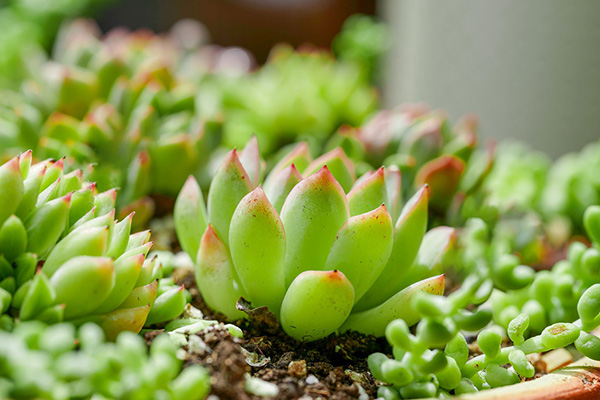
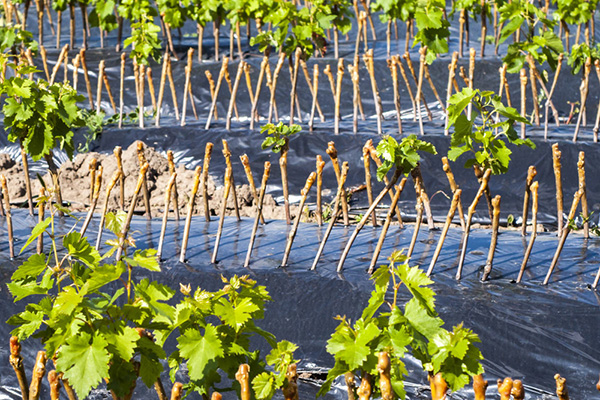
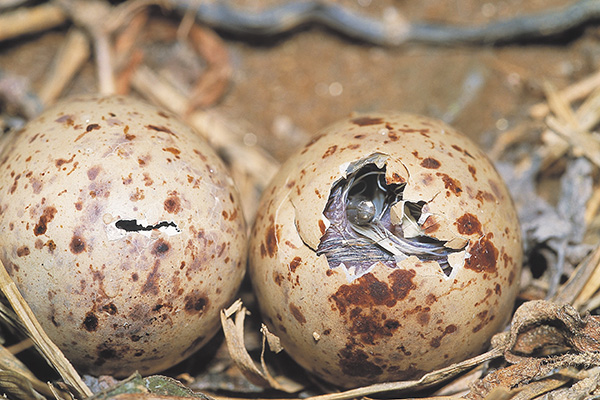
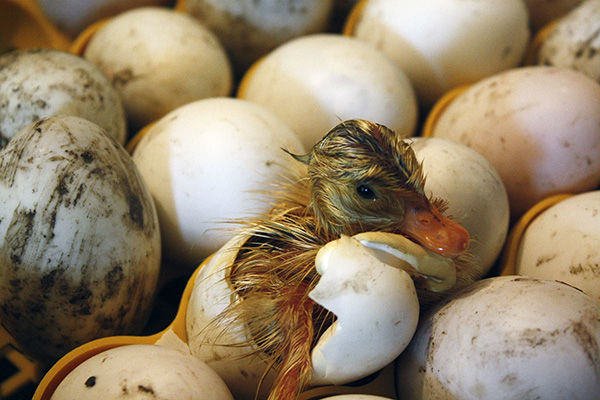
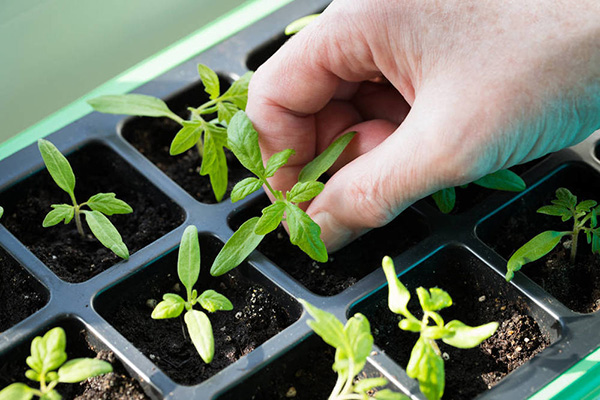
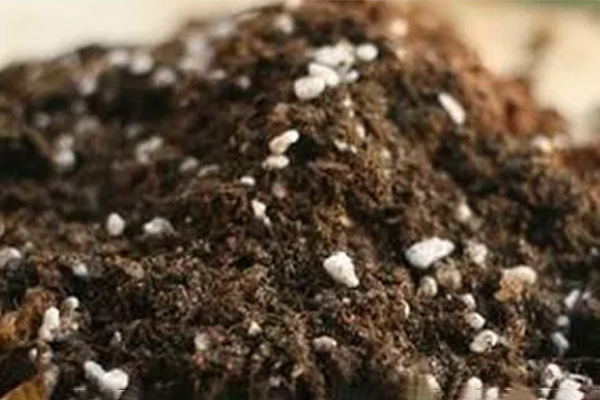
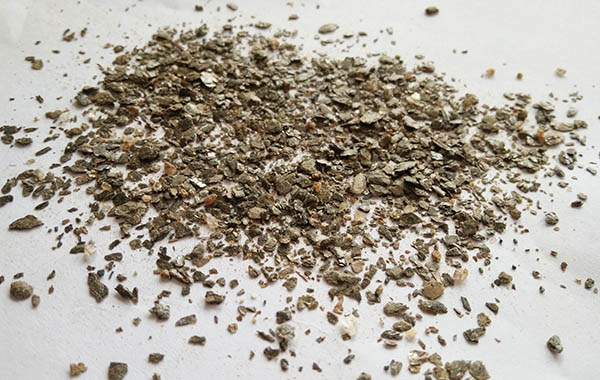
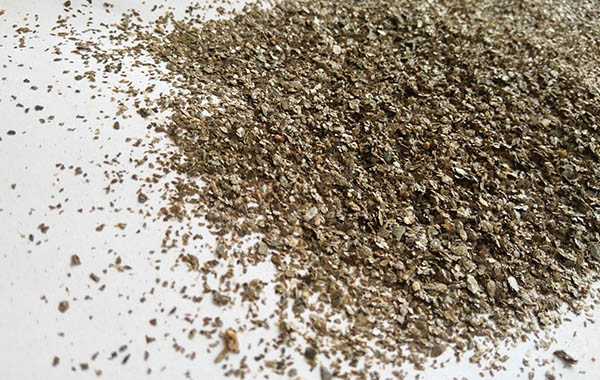
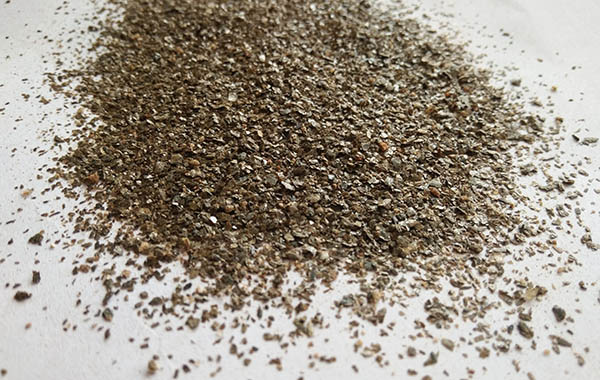
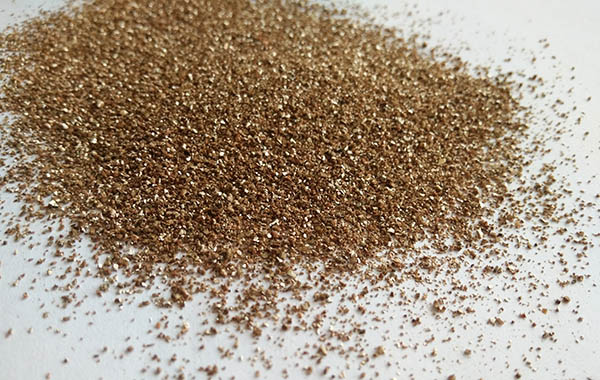
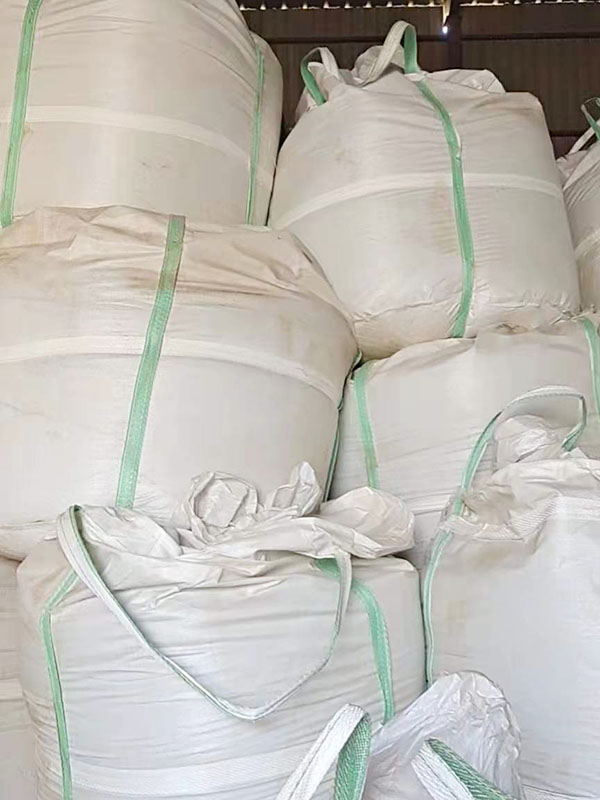
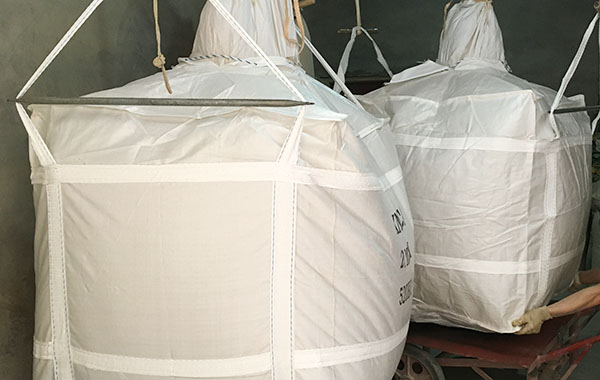
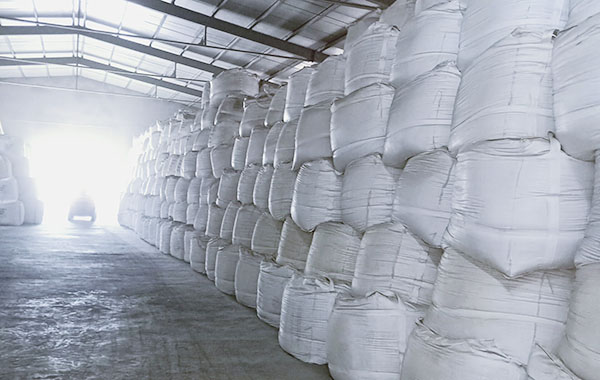
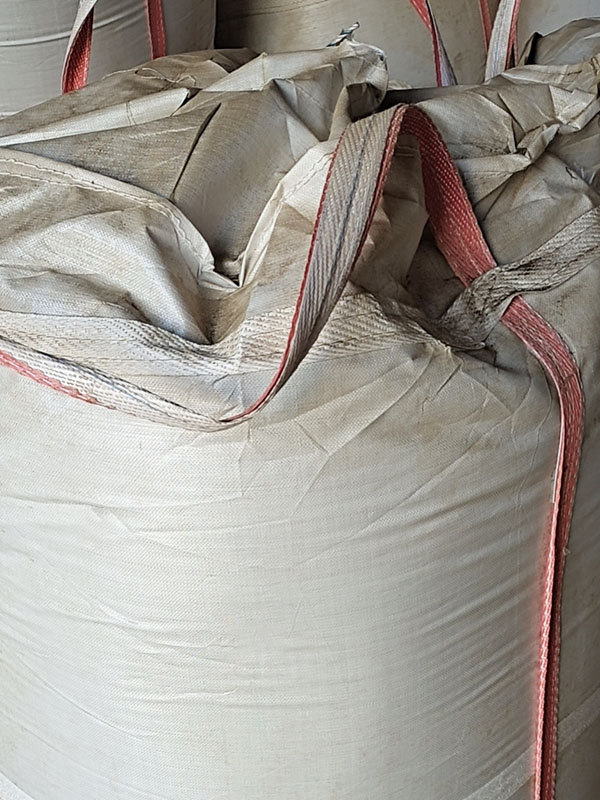
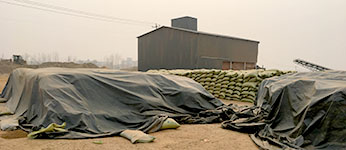
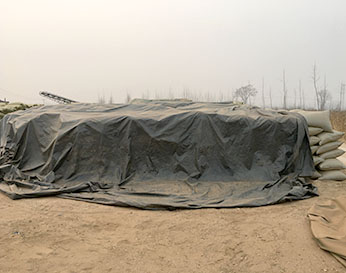
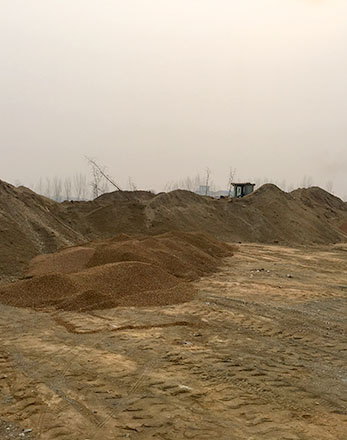
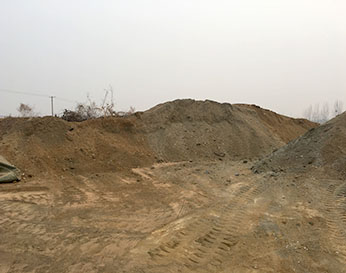
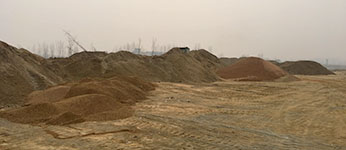
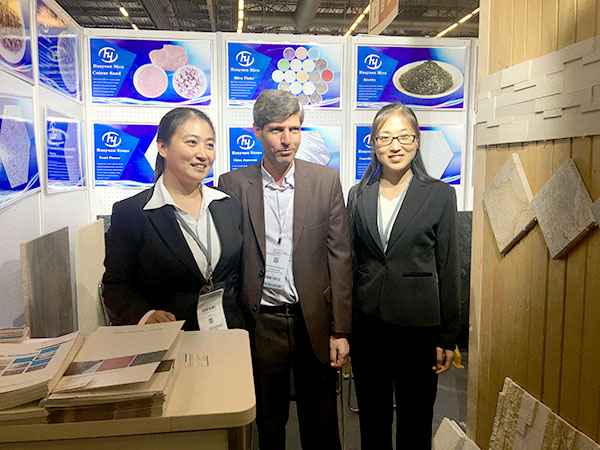

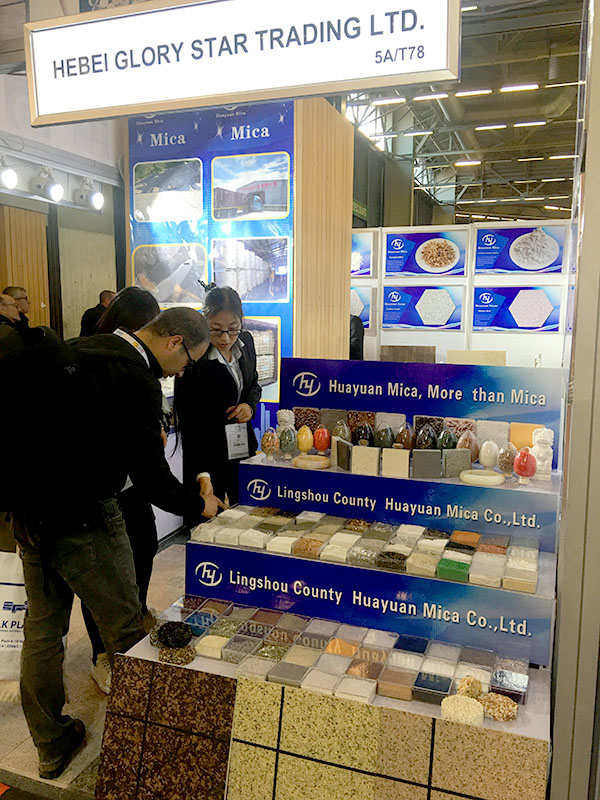
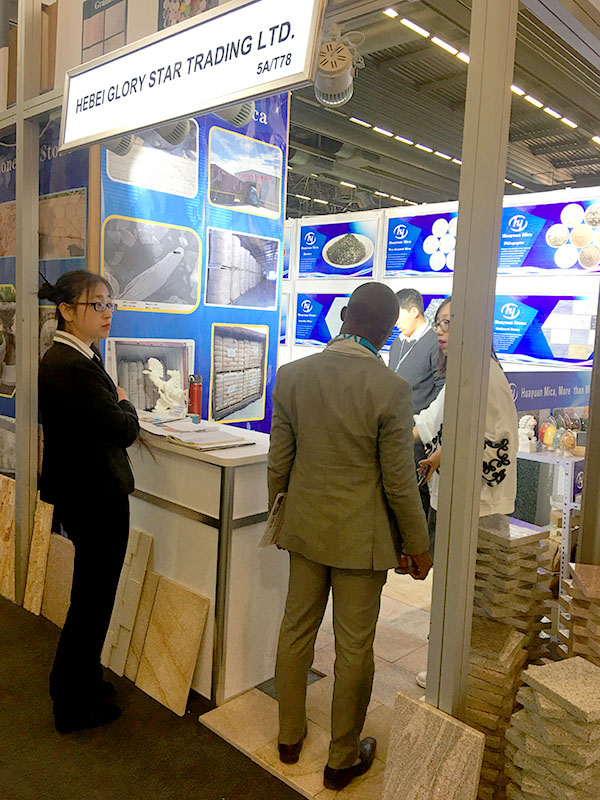





















.png)









